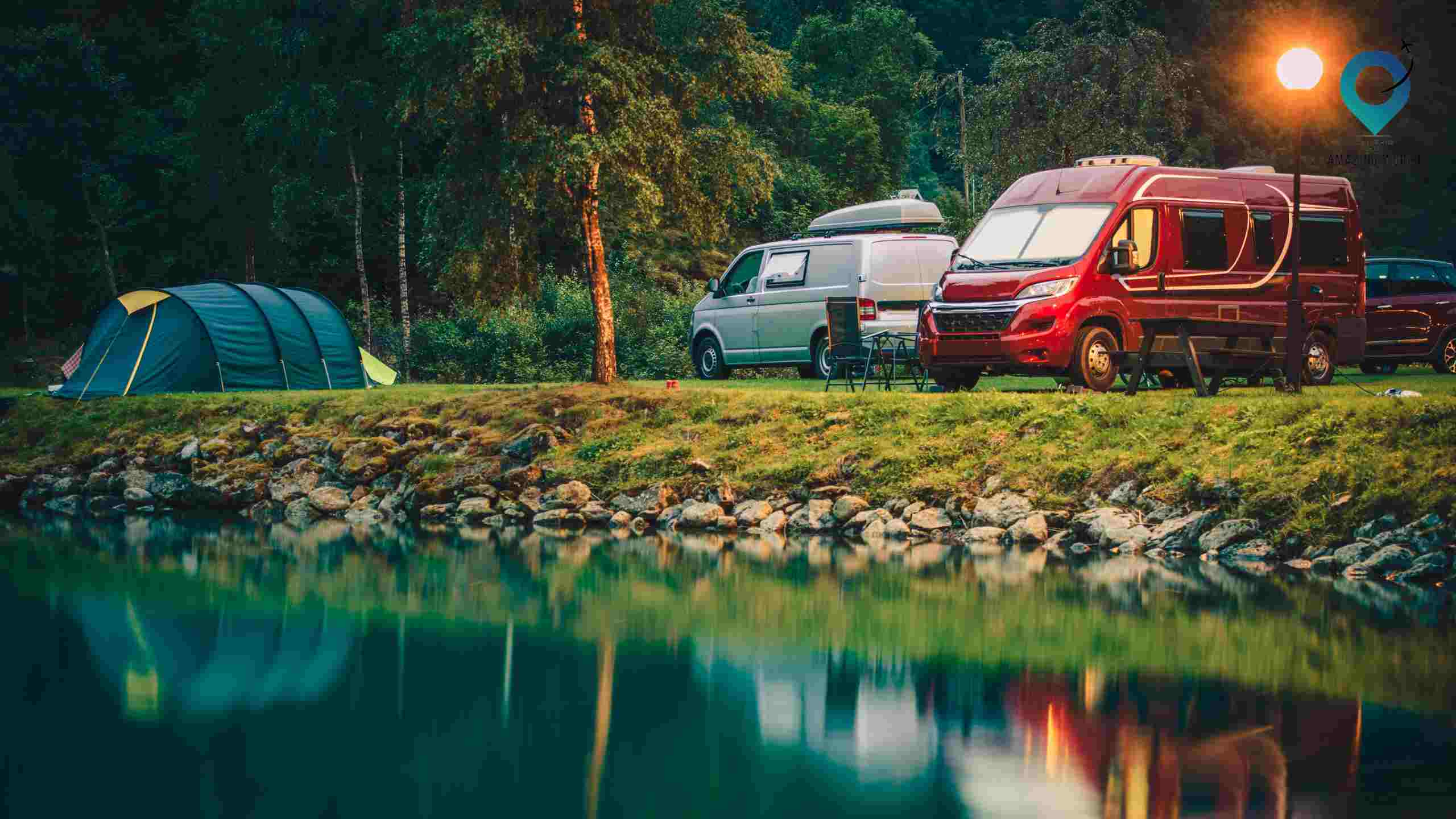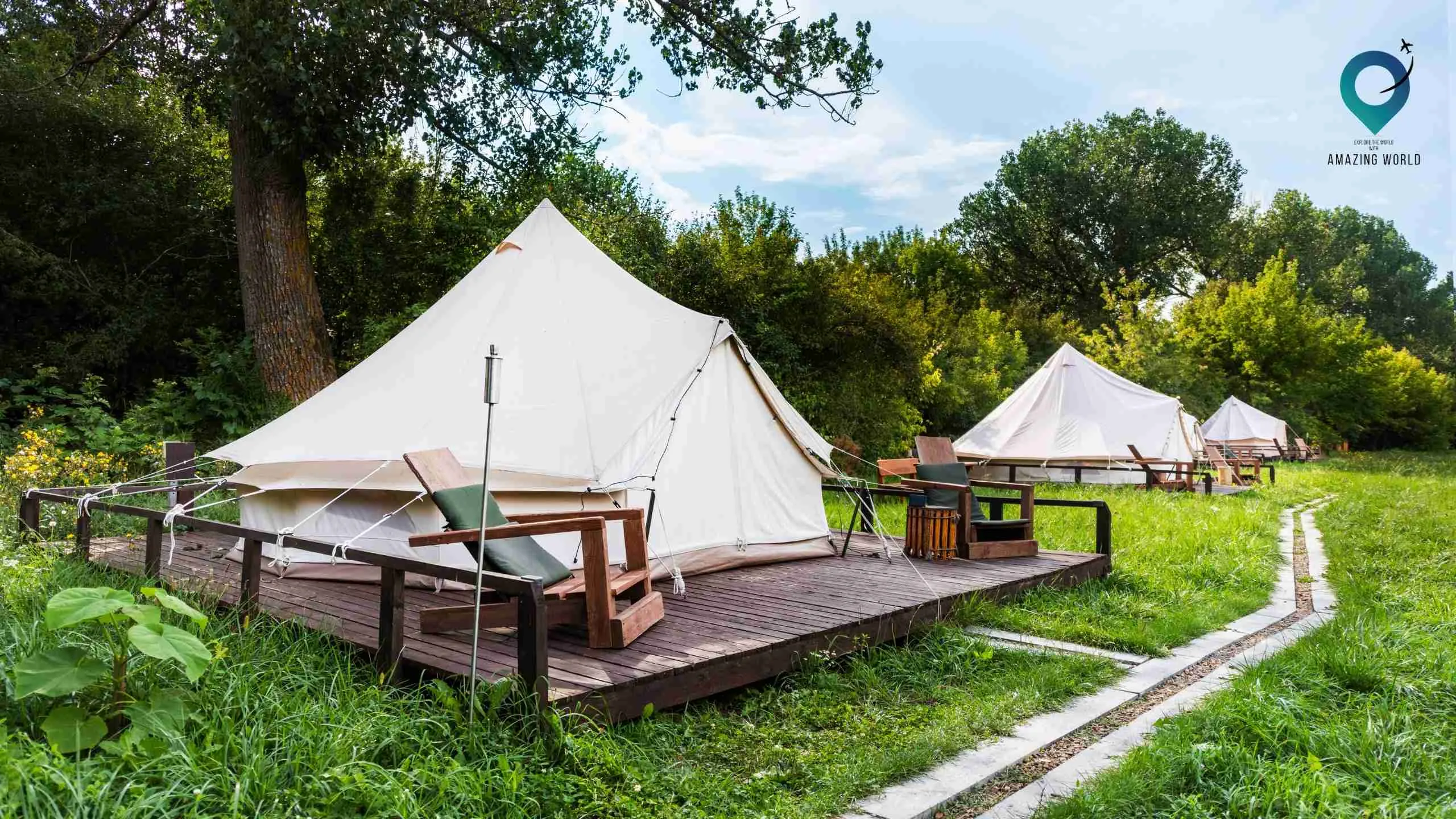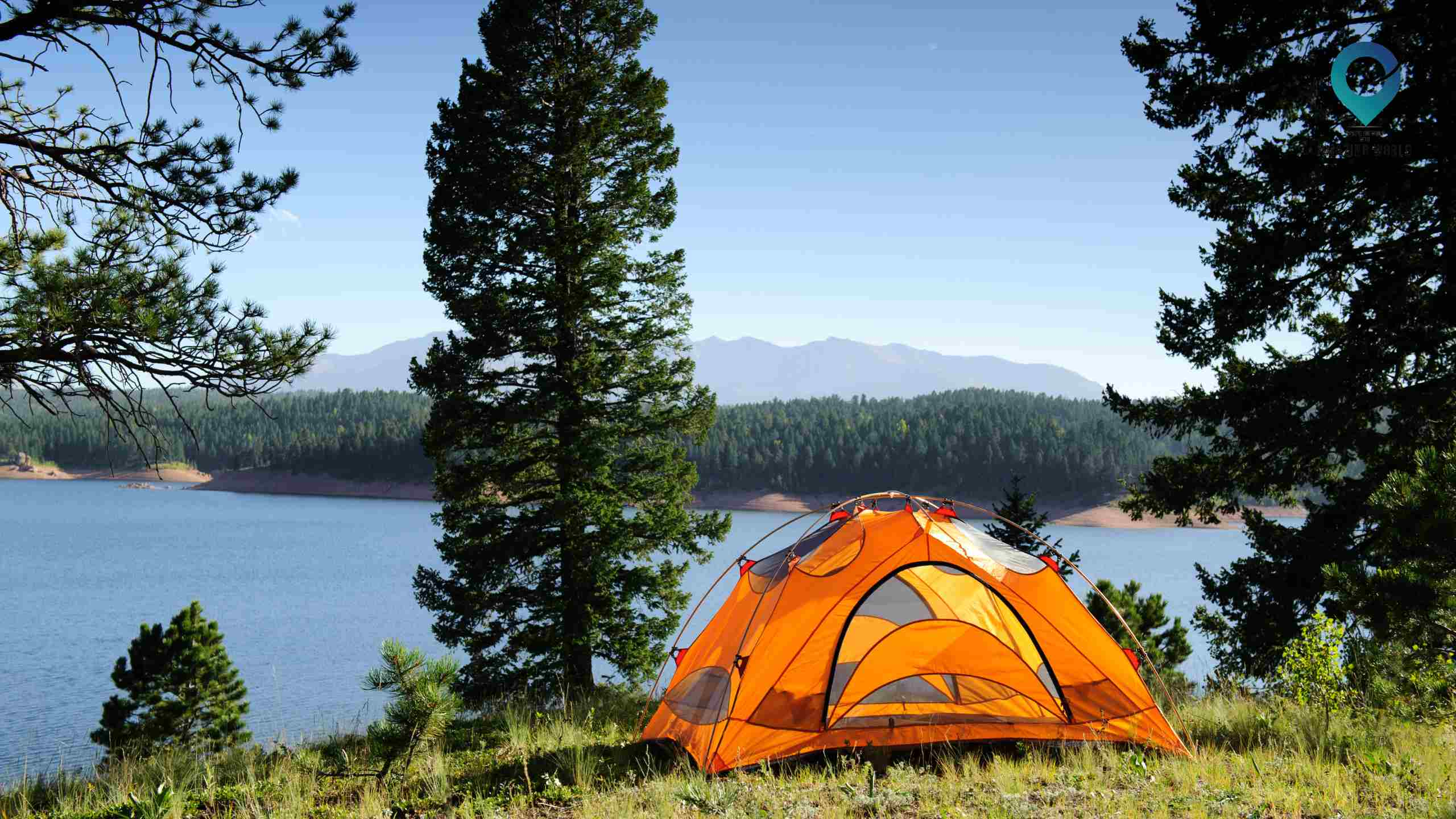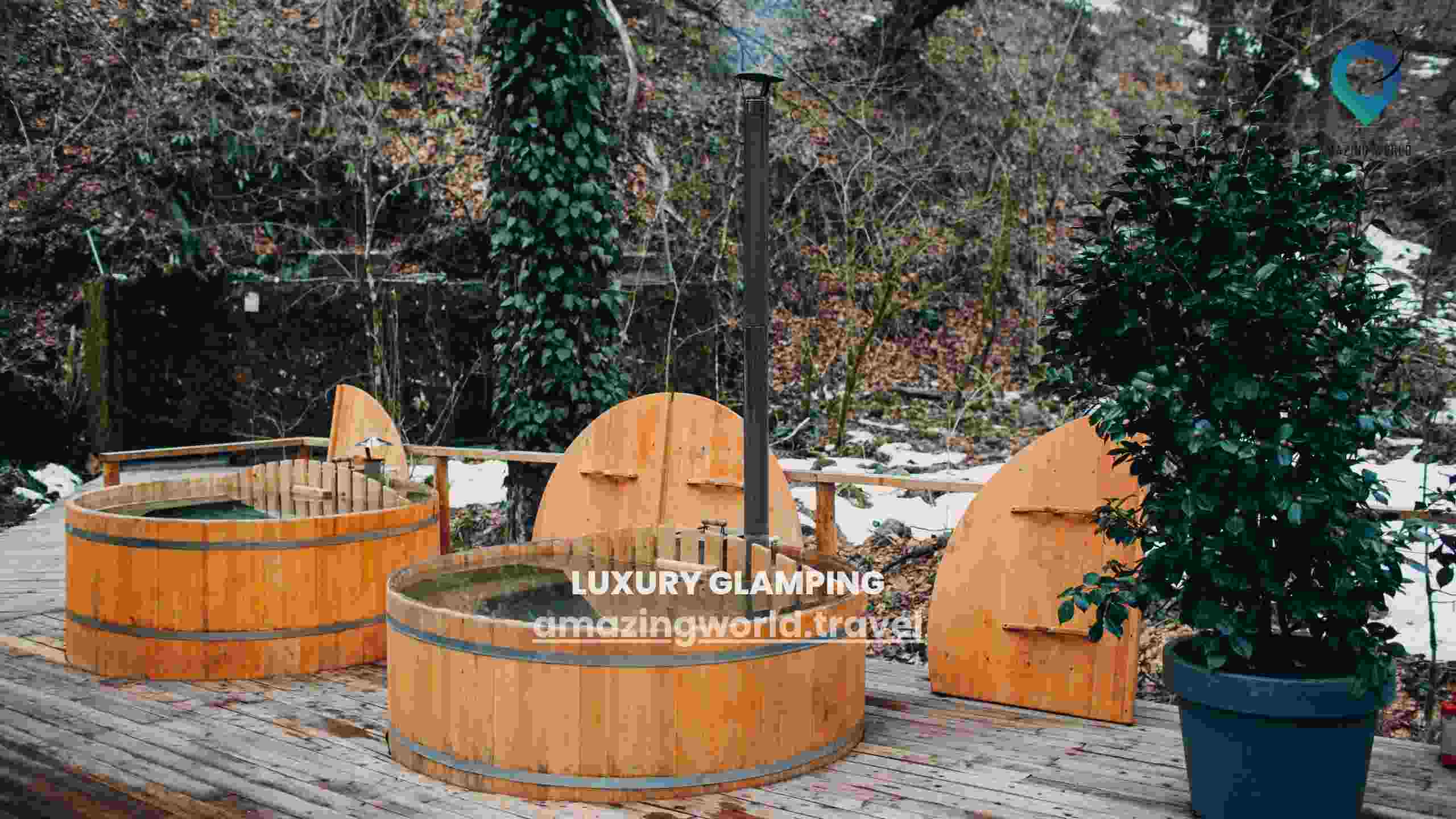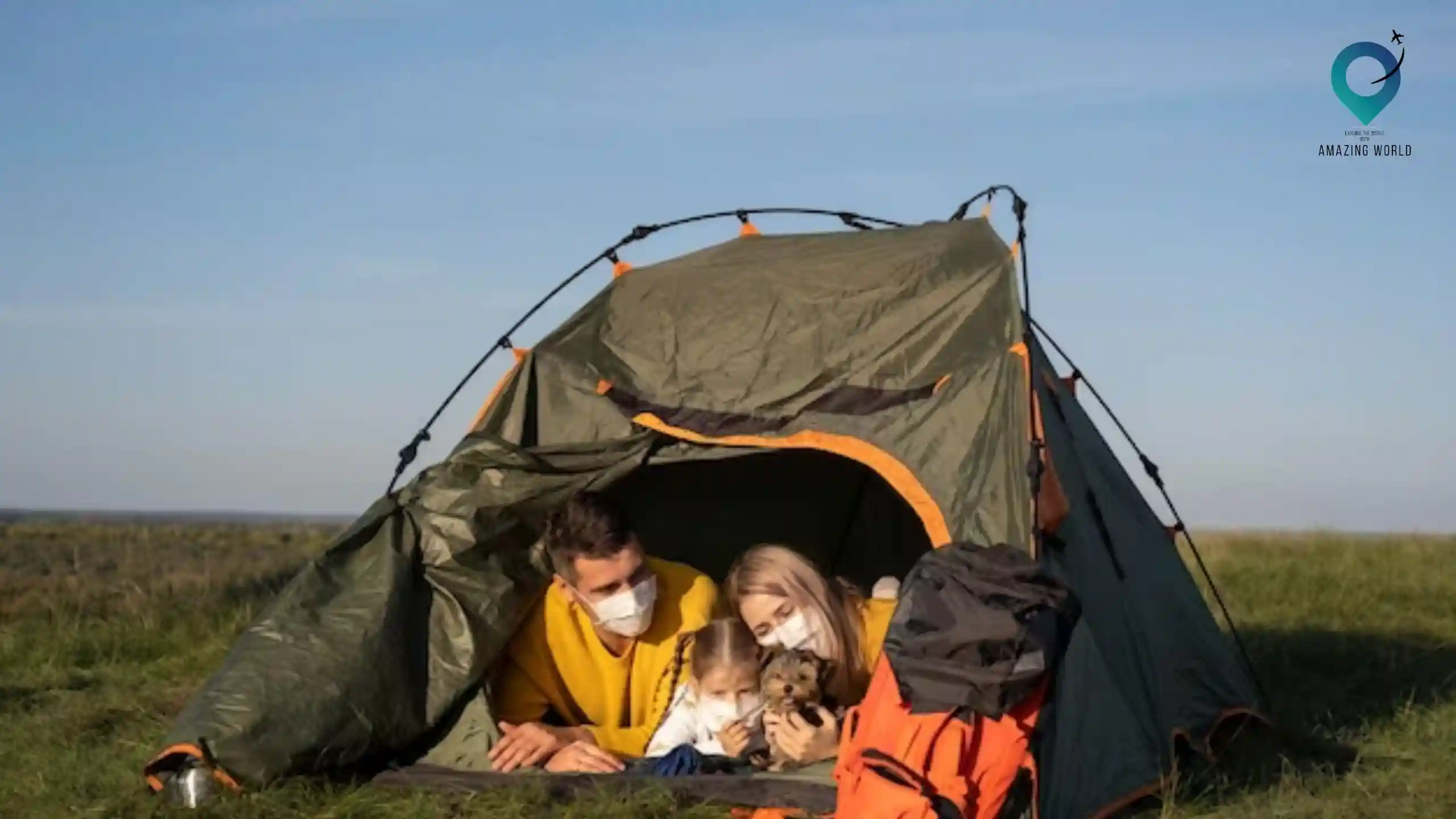
Car Camping vs. Tent Camping: Which Style is Right for you
Are you ready to embark on an unforgettable outdoor adventure, surrounded by the beauty of Mother Nature? The choice between car camping and tent camping holds the key to your perfect wilderness experience.
In this comprehensive guide, we’ll dive into the world of camping, exploring the pros and cons of each style to help you decide which is the right fit for your next escapade. Whether you’re yearning for the comfort and accessibility of car camping or seeking the authentic thrill of tent camping, we’ll provide the insights you need to make an informed decision.
Join us as we unpack the perks and pitfalls, ensuring your camping journey is as enjoyable as it is memorable. Get ready to discover which camping style suits your outdoor aspirations and get closer to nature’s wonders, one campsite at a time.
What is Car Camping?

Car Camping is a popular form of outdoor recreation where individuals or groups set up their camping site in proximity to their vehicle. In car camping, your vehicle, typically an SUV, van, or even a car with ample space, becomes an integral part of your camping experience. Here’s a more detailed explanation:
Convenience: One of the primary attractions of car camping is its convenience. Since your vehicle is nearby, you can easily access all your gear, food, and supplies without the need to carry heavy backpacks. This convenience is especially appealing for families or those who want to enjoy the outdoors without sacrificing comfort.
Sleeping Arrangements: In car camping, you often sleep inside your vehicle or set up a spacious tent adjacent to it. Many campers create comfortable sleeping arrangements with air mattresses, sleeping bags, and pillows, making for a cozy night’s sleep.
Gear and Equipment: Car campers can bring a wide range of equipment, from portable stoves and coolers to chairs and tables. This allows for more elaborate meals and greater comfort during the camping trip.
Accessibility: Car camping locations are typically accessible by roads, making it easier to reach a variety of camping destinations, including campgrounds, national parks, and scenic spots.
Ideal for Beginners: Car camping is often recommended for beginners or those who are new to camping. It provides a gentle introduction to outdoor adventures, as you have the security of your vehicle and easy access to amenities.
Family-Friendly: Families with children often find car camping appealing due to the convenience and the ability to carry essential items like diapers, baby food, and toys in the vehicle.
While car camping offers numerous advantages in terms of comfort and convenience, some campers may find that it lacks the wilderness immersion and sense of adventure associated with more traditional forms of camping, like backpacking or tent camping.
Additionally, car camping is usually limited to areas accessible by vehicle, which may restrict the range of outdoor experiences available. Ultimately, the choice between car camping and other camping styles depends on individual preferences and the kind of camping experience you seek.
What is Tent Camping?

Tent camping is a classic and immersive form of outdoor adventure where campers set up temporary shelter using tents to spend the night in nature. It’s an iconic way to connect with the outdoors and experience the beauty of natural environments. Here’s a detailed explanation of tent camping:
Shelter with Tents: Tent camping involves using tents as your primary form of shelter. Tents come in various sizes, shapes, and designs, catering to different camping needs and conditions. They provide protection from the elements while allowing you to feel connected to nature.
Getting Closer to Nature: One of the key attractions of tent camping is the sense of immersion in the natural world. You’re right there in the heart of the wilderness, listening to the sounds of wildlife, feeling the breeze, and stargazing from the comfort of your tent.
Sense of Adventure: Tent camping offers a more adventurous and rustic experience compared to car camping. You’re often further away from modern amenities, relying on your camping skills and equipment to make the most of your trip.
Tent Types: Tents vary in terms of complexity and design. Some are simple and lightweight, perfect for backpacking and minimalist camping, while others are larger and more spacious, providing comfort for families or groups.
Self-Reliance: Tent camping encourages self-reliance as you need to set up and take down your shelter, cook your meals, and manage your campsite. This self-sufficiency adds to the adventure.
Budget-Friendly: In general, tent camping tends to be more budget-friendly than other forms of camping because it requires fewer specialized equipment and accommodations. You can enjoy the great outdoors without breaking the bank.
Versatile Locations: Tent camping allows you to explore a wide range of camping locations, from designated campgrounds to backcountry wilderness areas. This versatility means you can choose the level of solitude and wilderness you desire.
Weather-Dependent Comfort: The comfort level in tent camping can vary depending on the weather conditions and the quality of your equipment. While a well-prepared camper can stay warm and dry in various weather, it’s essential to be prepared for changing conditions.
Tent camping is often cherished by outdoor enthusiasts who appreciate the authentic and immersive experience it offers. It’s an ideal choice for those who seek adventure, want to get closer to nature, and are willing to embrace the challenges and rewards of camping without the conveniences of modern life. However, it’s essential to choose the right tent, pack appropriate gear, and be prepared for various weather conditions to make your tent camping trip a success.
Pros and Cons of Car Camping
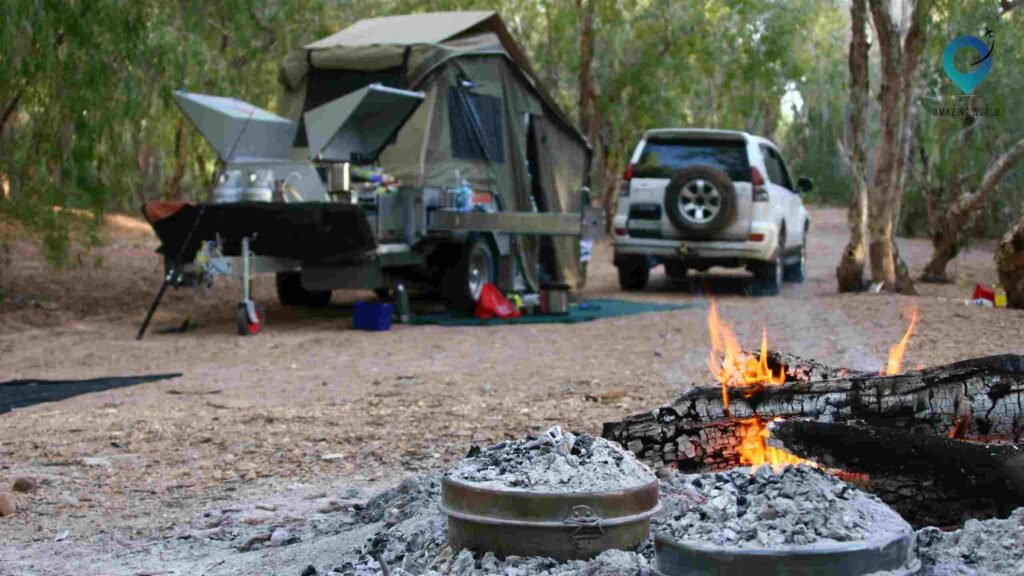
Pros of Car Camping:
- Convenience: Car camping is all about convenience. Having your vehicle nearby means you have easy access to your gear, food, and supplies. No need to carry heavy backpacks long distances.
- Comfort: Car camping allows for more comfortable sleeping arrangements compared to traditional tent camping. You can set up air mattresses, bring along cozy blankets, and have a good night’s sleep in your car or a roomy tent.
- Ample Gear: With the extra space your vehicle provides, you can bring along a wide range of camping gear and equipment, including portable stoves, grills, camp chairs, and tables. This allows for more elaborate and comfortable camping experiences.
- Accessibility: Car camping locations are usually accessible by roads, making it easier to reach various camping destinations, including established campgrounds, national parks, and picturesque spots. You can explore a wide range of locations without the limitations of remote or off-road camping.
- Family-Friendly: Families often find car camping appealing because of its convenience. Parents can bring essential items for children, such as diapers, baby food, and toys, with ease. The comfort and accessibility make it an excellent choice for family camping trips.
Cons of Car Camping:
- Less Wilderness Immersion: Car camping often takes place in established campgrounds or easily accessible areas, which may not provide the same level of wilderness immersion as more remote forms of camping. You may not feel as connected to nature.
- Limited to Vehicle-Accessible Locations: Your camping options are limited to places accessible by your vehicle. If you’re looking for a more remote or backcountry experience, car camping may not be suitable.
- Reliance on the Vehicle: Car campers heavily rely on their vehicles for shelter and transportation. If your vehicle breaks down or you encounter challenging terrain, it can disrupt your camping plans.
- Potential Crowds: Popular car camping destinations can get crowded during peak seasons, leading to limited availability and less privacy. It may not offer the solitude and tranquility that some campers seek.
- Environmental Impact: Car camping can have a more significant environmental impact due to the accessibility of these locations. It’s crucial to follow Leave No Trace principles and minimize your footprint.
Pros and Cons of Tent Camping

Pros of Tent Camping:
- Closer to Nature: Tent camping allows you to immerse yourself in nature fully. You’re right there in the heart of the wilderness, listening to the sounds of the forest or the waves at the beach, and experiencing the beauty of the outdoors up close.
- Sense of Adventure: Tent camping provides a genuine sense of adventure. You’re often further away from modern amenities, which means you must rely on your camping skills, creativity, and resourcefulness to thrive in the wild.
- Affordability: Tent camping is typically more budget-friendly than other forms of camping, such as RV or cabin camping. You need less specialized equipment and accommodations, making it accessible to a wide range of outdoor enthusiasts.
- Variety of Locations: You can set up a tent in a wide range of locations, from established campgrounds to backcountry wilderness areas. This versatility allows you to choose the level of solitude and wilderness experience you desire.
- Connection with the Environment: Tent camping encourages a deeper connection with the environment. You’re more attuned to weather patterns, wildlife behavior, and natural rhythms, enhancing your appreciation of the natural world.
Cons of Tent Camping:
- Weather-Dependent Comfort: Your comfort in tent camping can be highly weather-dependent. If you’re caught in rain or extreme cold without proper gear, it can make for an uncomfortable experience.
- Setup and Takedown: Setting up and taking down a tent can be time-consuming, especially for beginners. It requires some practice and familiarity with your gear.
- Limited Gear: Due to the need to carry everything in your backpack, you may need to pack light, which can limit the gear and amenities you can bring compared to car camping.
- Wildlife Encounters: While connecting with nature is a pro, it can also lead to wildlife encounters, which can be exciting but sometimes challenging. Proper food storage and wildlife safety precautions are essential.
- Lack of Amenities: In remote camping locations, you may have limited or no access to amenities like running water, flush toilets, and showers. You’ll need to adapt to basic facilities or use portable solutions.
Factors to Consider in Choosing Your Camping Style


Choosing between car camping and tent camping depends on several crucial factors:
- Your Preferences: Consider what kind of adventure appeals to you the most. Are you after creature comforts, or do you crave a more authentic outdoor experience?
- Location: Think about where you want to camp. Some locations are better suited for car camping, while others beg for the intimacy of tent camping.
- Budget: Your financial resources will play a role in your decision. Car camping can be pricier due to the need for a vehicle and extra gear.
- Group Size: If you’re camping with family or a group, consider their preferences and comfort as well.
This thorough assessment helps you make an informed decision tailored to your unique preferences and circumstances. Stay tuned for Part II, where we’ll dive deeper into the real-life experiences of campers in both styles.
Conclusion
When deciding between car camping and tent camping, it boils down to your personal preferences and the type of outdoor experience you’re aiming for. Car camping offers unmatched convenience, making it an excellent choice for those who want easy access to their gear and a comfortable sleeping setup. It’s particularly family-friendly and accessible, making it an ideal option for those new to camping.
On the other hand, tent camping immerses you in the heart of nature, fostering a genuine sense of adventure and a profound connection to the environment. It’s more budget-friendly, versatile in terms of locations, and encourages self-reliance. However, it can be weather-dependent and require careful preparation.
Ultimately, both styles have their merits, ensuring that whether you’re seeking convenience and comfort or a rugged, close-to-nature experience, there’s a camping option that suits your preferences and allows you to create lasting memories in the great outdoors.
How much did you like Our detailed Car Camping vs Tent Camping: Which is Right for Your Outdoor Adventure?? Review Also, please share these Blogs with your friends on social media.
Related Article –
- Road Trip With Kids
- Cinematic Travel Videography
- Sunset Photography
- Vintage Travel Photography
- Camping vs Glamping
- Luxury Glamping 101

Meet David Hoper, a passionate travel Blog writer with 7+ years of experience in travel content. Through his exemplary storytelling and engaging narratives, he shares his experiences and brings destinations to life. With a keen eye for detail and a love for exploration, he has cultivated a diverse portfolio of travel blogs that inspire and inform readers worldwide.
